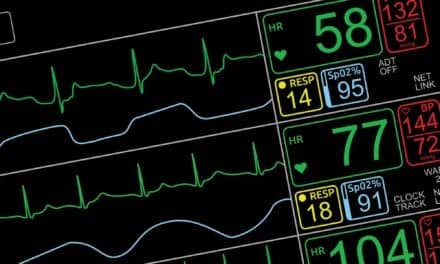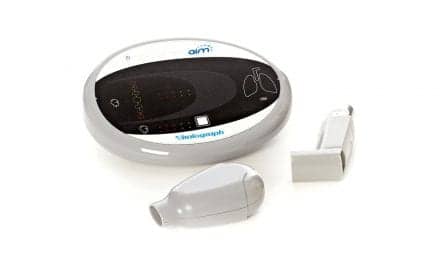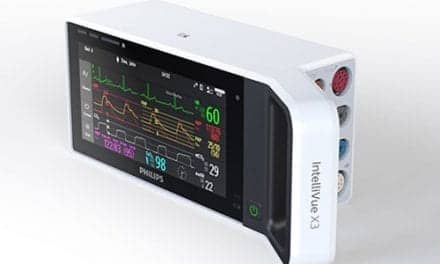Capnography, or in-line end-tidal carbon dioxide (EtCO2) monitoring, offers more physiological information than any other noninvasive device carried in the field, according to an article published by JEMS.com.
In different clinical scenarios, EtCO2 measurement can provide valuable information about total body cellular metabolism, the body’s basal metabolic rate, central venous return, pulmonary blood flow, cardiac output, minute ventilation and myriad pulmonary diseases.
Vital signs, clinical impression and EtCO2 monitoring can work together to give a more complete picture of the patient, the JEMS article concluded. Routine use of EtCO2 monitoring in the prehospital setting will allow providers to give better, more timely and more effective care.
Capnography Provides Bigger Physiological Picture for EMS










